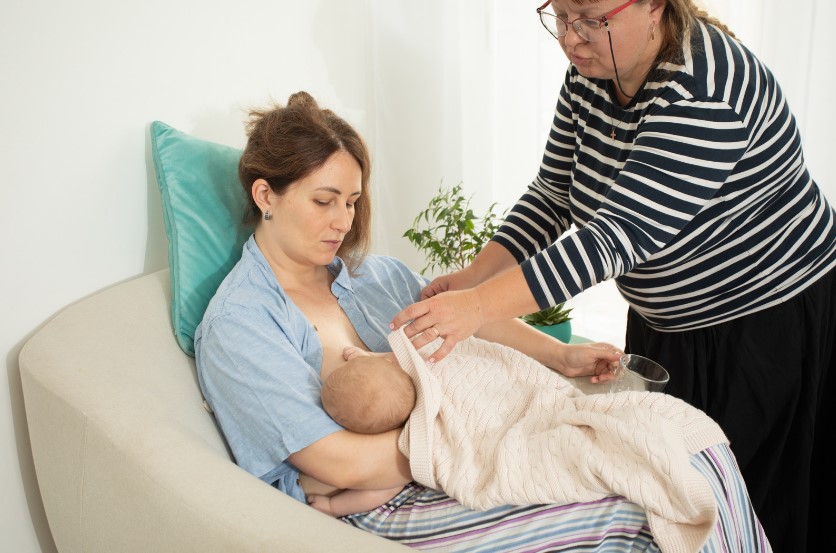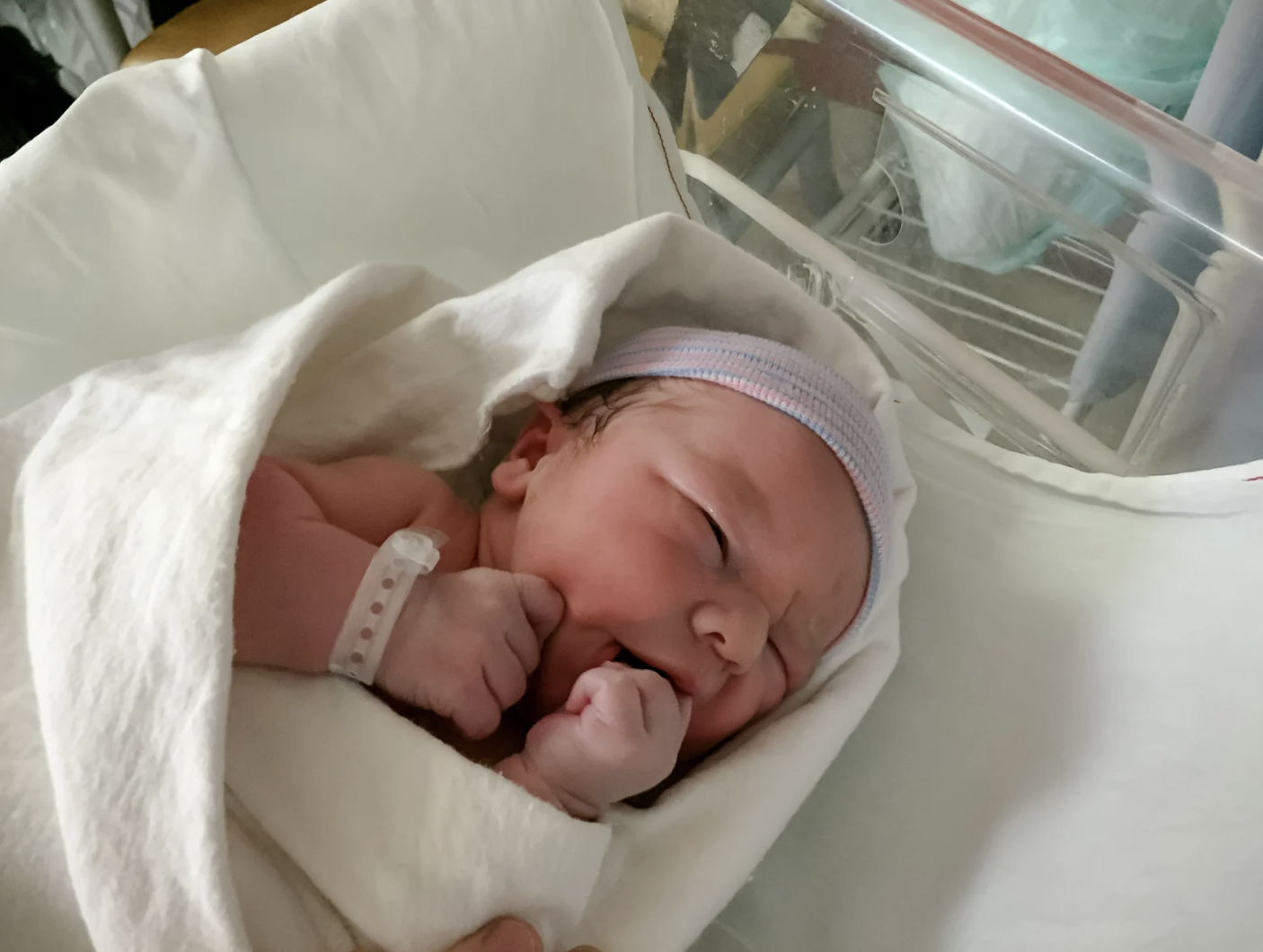Kirsten Fisch, MSN, RNC-MNN, IBCLC, LCCE Kirsten is a women's health nurse who specializes in high-risk pregnancy and postpartum care. She is certified in Maternal Newborn Nursing, a board-certified lactation consultant (IBCLC), and a Lamaze-certified childbirth Educator. She works with women from conception through postpartum. Passionate about empowering women during their reproductive journeys, Kirsten combines evidence-based care with compassionate support to promote health and well-being for mothers and babies.
Welcoming a new baby is one of life’s most joyous moments, but it can also be accompanied by challenges, particularly when it comes to breastfeeding. For parents who are uninsured, accessing lactation support can feel daunting. The good news? Help is available, even on a limited budget. In this blog post, we’ll explore resources and strategies for finding affordable or free lactation support to help you and your baby thrive.

1. Start with Your Local Community
Many communities have programs and organizations that provide free or low-cost lactation support. Here are some places to begin your search:
- WIC (Women, Infants, and Children Program): If you qualify, WIC provides free lactation counseling, breastfeeding supplies, and ongoing support from peer counselors.
- Community Health Centers: Federally Qualified Health Centers (FQHCs) often offer lactation services on a sliding scale or for free. Look for a center near you through the HRSA Find a Health Center tool.
- La Leche League: This international nonprofit offers free breastfeeding support through local meetings, online forums, and one-on-one consultations with experienced leaders.
- Faith-Based Organizations: Many churches, mosques, and synagogues have programs supporting new mothers. Even if you’re not a member, they might be able to help or direct you to resources.
2. Leverage Online Resources
Virtual support can be an excellent option for uninsured parents. Some free or low-cost options include:
- KellyMom: A trusted website offering evidence-based breastfeeding advice on a range of topics.
- Breastfeeding Support Facebook Groups: Many online communities provide peer-to-peer advice, tips, and encouragement.
- Telehealth Lactation Services: While some providers charge a fee, platforms like Pacify offer affordable subscriptions for 24/7 lactation consultations.
3. Check Local Hospitals and Birth Centers
Even if you didn’t deliver your baby at a hospital, many facilities provide free or low-cost breastfeeding classes and support groups open to the public. Contact hospitals and birth centers in your area to inquire about:
- Free lactation clinics
- Drop-in breastfeeding support groups
- Discounted consultations with International Board-Certified Lactation Consultants (IBCLCs)
4. Explore Nonprofit and Volunteer Organizations
Some organizations focus on supporting mothers who face barriers to accessing care. Examples include:
- Breastfeeding USA: Offers free virtual and in-person counseling by trained breastfeeding counselors.
- Milk Banks: Some milk banks provide lactation support for mothers in need, even if they are not donating milk.

5. DIY Solutions for Common Challenges
While professional advice is invaluable, there are also practical steps you can take to address breastfeeding issues on your own:
- Engage with Peer Support: Experienced friends or family members who have breastfed may provide helpful insights.
- Invest in Essentials: Look for affordable nursing supplies, such as lanolin cream, breast pads, or nipple shields, at discount stores or through programs that donate supplies to new parents.
- Education: Read reputable books and articles on breastfeeding to troubleshoot common concerns, such as latch issues or milk supply challenges.
6. Don’t Be Afraid to Advocate for Yourself
When reaching out to organizations or providers, be upfront about your financial situation. Many professionals are willing to work with uninsured families by offering reduced rates or payment plans.
Breastfeeding can be a journey filled with ups and downs, but you don’t have to navigate it alone—even if you’re uninsured. By tapping into community resources, seeking online support, and exploring nonprofit organizations, you can find the help you need to achieve your breastfeeding goals. Remember, every drop of breastmilk counts, and your effort to nurture your baby is an incredible gift.

Kirsten Fisch, MSN, RNC-MNN, IBCLC, LCCE Kirsten is a women's health nurse who specializes in high-risk pregnancy and postpartum care. She is certified in Maternal Newborn Nursing, a board-certified lactation consultant (IBCLC), and a Lamaze-certified childbirth Educator. She works with women from conception through postpartum. Passionate about empowering women during their reproductive journeys, Kirsten combines evidence-based care with compassionate support to promote health and well-being for mothers and babies.




